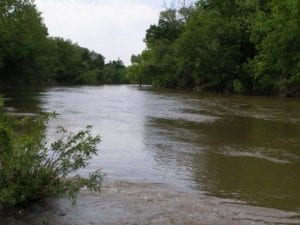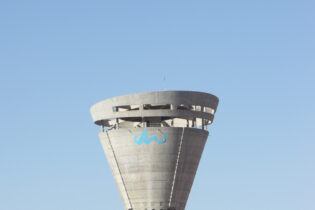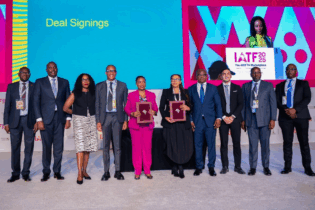Millions of liters in raw sewage continue to flow daily into the Vaal River and there’s little hope the pollution crisis will end any time soon according to activist group, Save the Vaal Environment.
The group says it’s been pressing government for years to fix some of the broken infrastructure, but it’s only been receiving broken promises. The group’s Maureen Stewart says the situation has been disguised by heavy rains. “The water quality in Vaal between the Vaal Dam and Parys is not too bad but the underlying problem remains and that is that about 250-million liters of raw or partially treated sewage flow into Vaal river on daily basis, it’s been ongoing for years.” In mid-December, Save lashed out at the government and Rand Water, which in October was awarded the contract to fix the Emfuleni municipality’s sewerage infrastructure. “There is no end in sight to the Vaal sewage pollution crisis, just a long trail of broken promises, lack of political will, and lack of government funding for the repairs to the Emfuleni wastewater treatment system,” said Stewart. This was despite the municipality falling under partial administration by the province since 2019 and cabinet-approved intervention under section 63 of the Water Services Act, which gives control of its water infrastructure to the water and sanitation department. In February, the SA Human Rights Commission said the river was “polluted beyond acceptable levels” for the estimated 19-million people who rely on it as their primary water source.However, years of mismanagement means raw sewage continues to flow unchecked into the river, causing a stench, raising E.coli levels, and making the water unfit for drinking or agriculture.
Interventions by the Ekurhuleni Water Care Company (Erwat) and SA National Defence Force engineers were also mired in controversy with the result that wastewater treatment works were not adequately repaired. “The underlying problem, in one word, is funding,” said Stewart. “This is been an ongoing problem for years and years. We hear talk about billions going to be made available but when it comes to finding R300m in one financial year, it doesn’t actually come through.” The biggest problem facing any contractor are the decrepit wastewater treatment works. “If you don’t get those right, you not going to get the river right, and nobody seems prepared to tackle that,” said Stewart. Funding for maintenance and operations should come from municipalities, while funding for bulk infrastructure comes from the department of water and sanitation. WATCH INTERVIEW WITH SAVE HERE:






